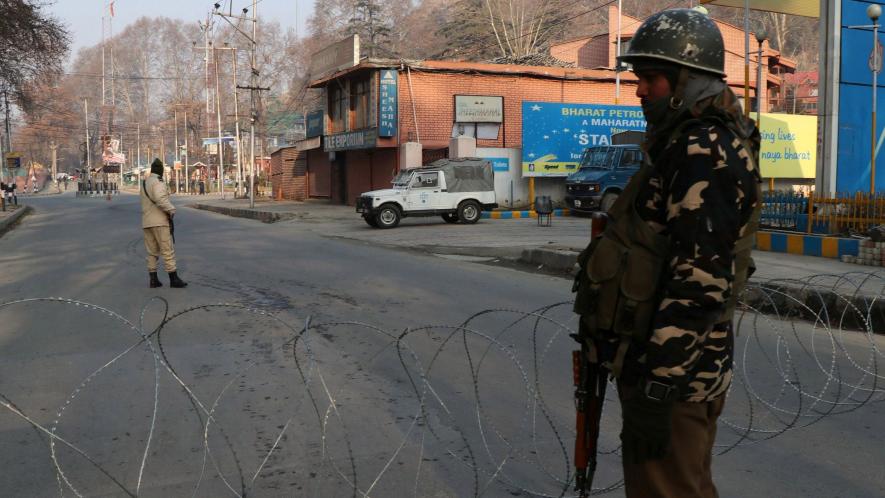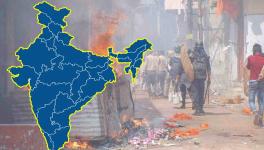J&K Internet shutdown: Courts Asks Govt to Review Its Own Orders

The erstwhile state of Jammu & Kashmir is witnessing the longest ever internet shutdown, spanning over five months, which has adversely affected people’s freedom to conduct their businesses and day-to-day lives. In a crucial order on Friday, the Supreme Court emphasised the need to protect constitutional guarantees.
The apex court has given the central government and “competent authorities" a week to complete the review of the restrictions imposed on August 4, ahead of the scrapping of Article 370 that gave the erstwhile state its special status.
The court also directed the Centre to publish all prohibitory orders in force, future orders under Section 144 of the CrPC and orders suspending telecom services, including the internet, so that the affected citizens can challenge them in the high court.
The court was hearing the public interest litigation (PIL) by the executive editor of Kashmir Times, Anuradha Bhasin, among others, challenging the lockdown in the state. The batch of pleas also included one by Congress leader Ghulam Nabi Azad challenging the restrictions. Bhasin’s PIL filed on August 10 sought immediate directions for the removal of restrictions imposed on media, communication and the free movement of people.
While the order has created room for the easing of the shutdown, activists and lawyers allege that the court has shifted its responsibility to lift the restrictions to the government--which itself has imposed them in the first place.
Speaking to NewsClick, Anuradha Bhasin said, “The judges have stated that the right to freedom of speech is fundamental and the onus is on the government and that it cannot hold arbitrary powers. While, in spirit, what the court has said is good, but it is important to note that there is no relief on the ground. It has flickered some hope, but the ball is now in the government’s court, which may or may not ease the shutdown. So, it gives the government room to exercise its discretion in either following the spirit of the verdict or circumvent it.”
In the context of internet shutdown and court’s observations about it, speaking to NewsClick, lawyer and activist Gautam Bhatia said, “It was not only the state’s responsibility to place the orders before the court, but it had been directed to do so by the court. Since the court had concluded that people’s right to access to the internet, to get information and carry out trade and commerce through the internet was a fundamental right, the court should have declared that the shutdown is illegal and ordered the internet services to be restored.”
Currently, no conclusions have been reached on the legality of the restrictions passed on August 4 and 5. Most people in the Valley still do not have access to the internet.
The court was expected to examine the orders passed by the state and determine their legal validity. However, the State did not show anywhere in its arguments that its orders were proportional to its object of maintaining public peace.
Now, the Court has opened the doors for another round of litigation where the government’s reviewed orders will be challenged and then the courts will hear arguments on their legality. In the meantime, the people of Jammu and Kashmir will have to live under these restrictions if the state chooses to continue them.
Also read: Visit of Envoys to Kashmir Termed as Another 'Guided' Tour by Centre
Get the latest reports & analysis with people's perspective on Protests, movements & deep analytical videos, discussions of the current affairs in your Telegram app. Subscribe to NewsClick's Telegram channel & get Real-Time updates on stories, as they get published on our website.
























